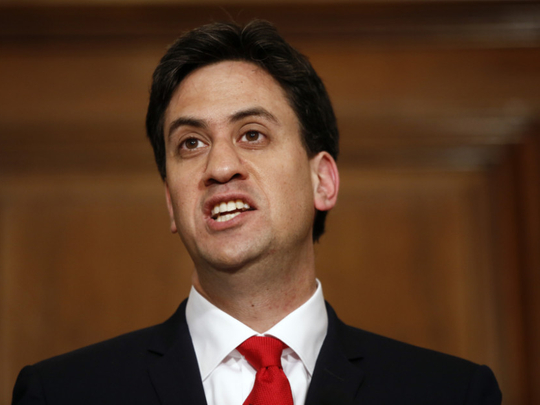
New Labour revival can end with a split
Labour’s leadership campaign has been led by a Blairite agenda, which does not reflect public — let alone Labour — opinion

Labour’s leadership campaign has been led by a Blairite agenda, which does not reflect public — let alone Labour — opinion
